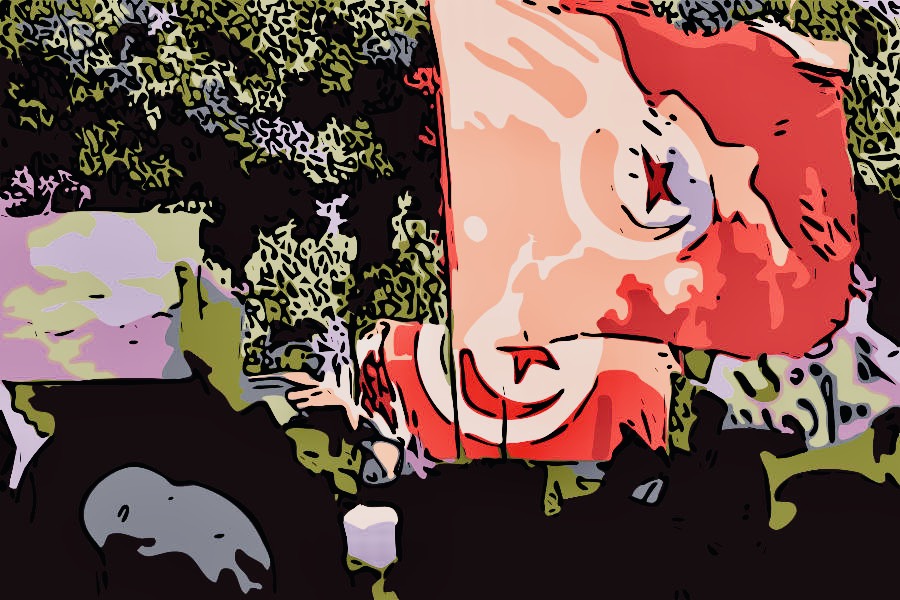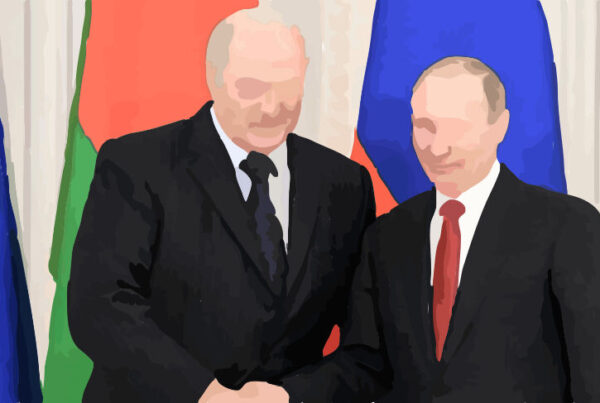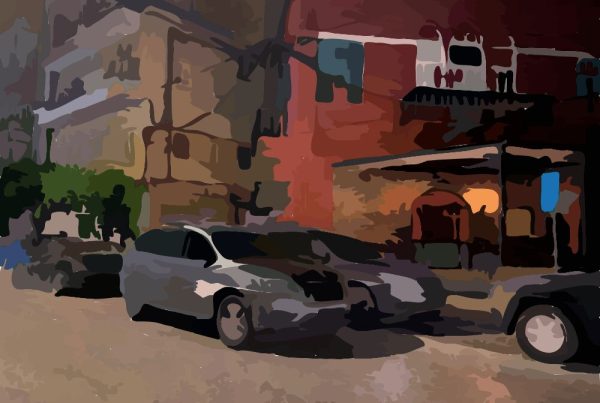Tunisia is currently experiencing a protest movement which began in popular neighborhoods and marginalized regions three weeks ago. The protest movement was triggered by a series of police violences and is fueled by the increase of poverty and the deterioration of the socio-economic conditions of the popular classes. In many towns of the country, young people confronted police forces, and sometimes destructed supermarket distribution.
Police repression
The government responded by a fierce repression. It deployed military forces in many of the protesting regions and localities. More than 1700 persons have been arrested – among them about 300 minors -, transferred to police stations and detention centers, where they have been humiliated, tortured and deprived from the right to call their families. Many of them have been subjected to sexual violence from policemen. Very serious and false charges have been laid against many of the youth, among them belonging to an organized group aiming at destroying public and private property.
Beyond the young insurgents, police violence and state repression targets the inhabitants of the popular neighborhoods. Among the persons arrested many did not even participate in the protests. In everyday life, one of the state forms of repression of the popular classes is the criminalisation of the consumption of cannabis. Currently, 120.000 persons are imprisoned in Tunisia only because they used cannabis. The huge majority of them belong to the popular classes.
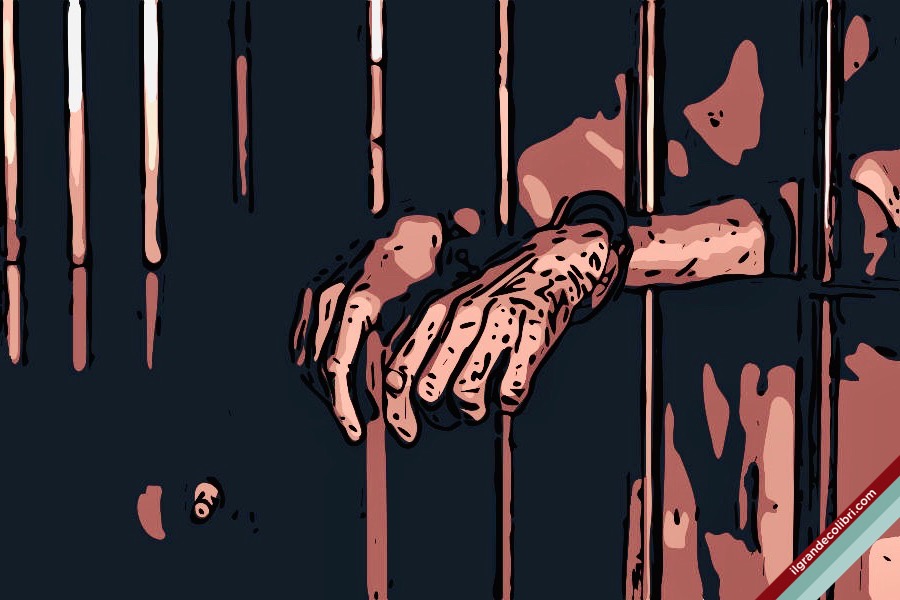 “Work, liberty, and dignity”
“Work, liberty, and dignity”
The uprisings in the marginalized regions and the popular neighborhoods have gained an increasing support among activists, and specially young activists. LGBT/queer, feminist activists, trade unionist students, sympathizers and members of leftist parties have organized several demonstrations in the center of Tunis (the capital), and one in the Bardo (the quarter where sits the Assembly of the People’s Representatives). They denounced the violent repression in the marginalized regions and the popular neighborhoods and supported the claims of social justice of their inhabitants.
A demonstration was also organized by inhabitants of the popular headquarter Ettadhâmon (situated in the neighborhood of the capital) supported by activists belonging to the middle classes of the capital.
In the beginning, demonstrations in support of the popular classes were relatively small, but the number of the participants increased rapidly. About sixty associations, organisations and informal networks of activists, mainly of them belonging to the left or are leftist sympathizers called for a demonstration on the 6th of February. Despite the health crisis and the massive police forces tempting to prevent people from joining the center of the city, about 4.000 persons took part in the event. They claimed social justice and the respect of public and private freedoms, by using the slogan inherited from the revolution: “Work, liberty, and dignity!”
Police repression in Tunisia is currently increasing and worsening. During the last years, police forces have gathered into several trade unions which represent a serious threat for the security of people, and particularly for the participants in social movements. The police forces massively repress people taking part in protests and use forms of violence which seem to have disappeared since 2011, such as kidnapping activists and participants to the protests, and subjecting them to extreme beatings.
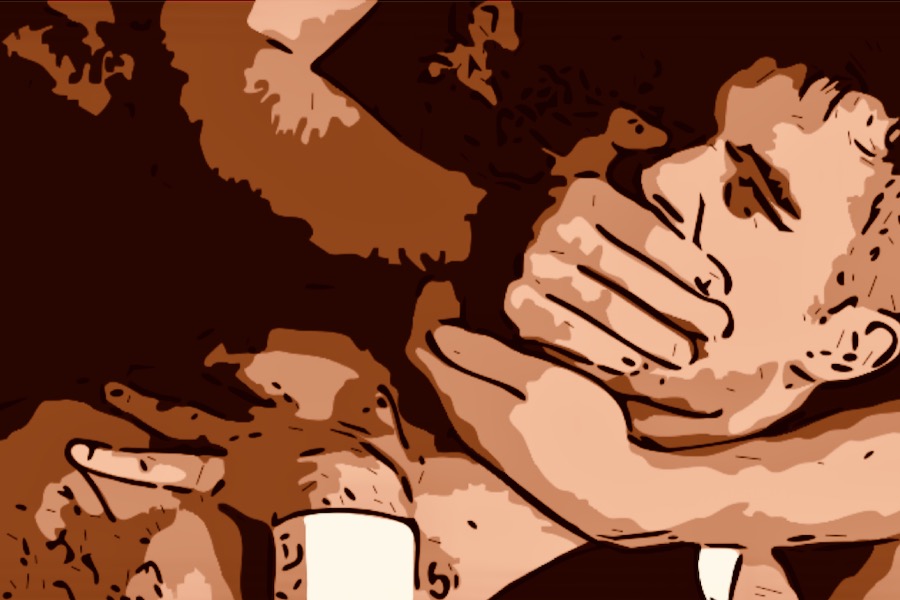 The repression on queer people
The repression on queer people
Among the large and massive repression, two categories are particularly targeted : youth of the popular classes on the one side, queer/LGBT activists on the other. Several members or sympathizers of the queer/LGBT association Damj for Equality and Justice, which plays an important role in the current mobilization, have been arrested or kidnapped and savagely beaten. By doing this, the authorities aim at weakening the social movement, and at stopping the alliances which have emerged between the queer/LGBT activists and the other actors of the protest movement: youth of the popular classes, feminist activists, trade unionist students, etc.
Police forces are conducting a massive repression not only against queer/LGBT activists, but against all non conforming gender persons and sexual minorities. On 1st February, during a demonstration in Sfax called by their syndicates, policemen explicitly threatened queer/LGBT people in addition to insults against leftist activists. On the official social media accounts of their trade unions, policemen are conducting an organized violent campaign against participants in the demonstrations. They are publishing pictures of the persons they take during the protest marches or on their personal Facebook account, informations about their private life (including their address, real or supposedly sexual orientation and gender identity, etc.).
Policemen are particularly threatening LGBT and queer people, of violence and often sexual violence. They are also calling and harassing their families, and outing persons to their relatives. By doing this, they are aiming at exposing persons to more violence in their families and to deprive them from familial support.
Abir Krefa
sociologist
©2021 Damj / Il Grande Colibrì
images: elaborazioni da M.Rais (CC) / da Matthew Henry (CC0) / Il Grande Colibrì

